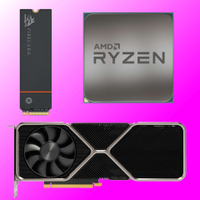Adobe's generative AI art tool and Google Bard are joining forces
Adobe Firefly and Express will be coming to Google Bard soon.
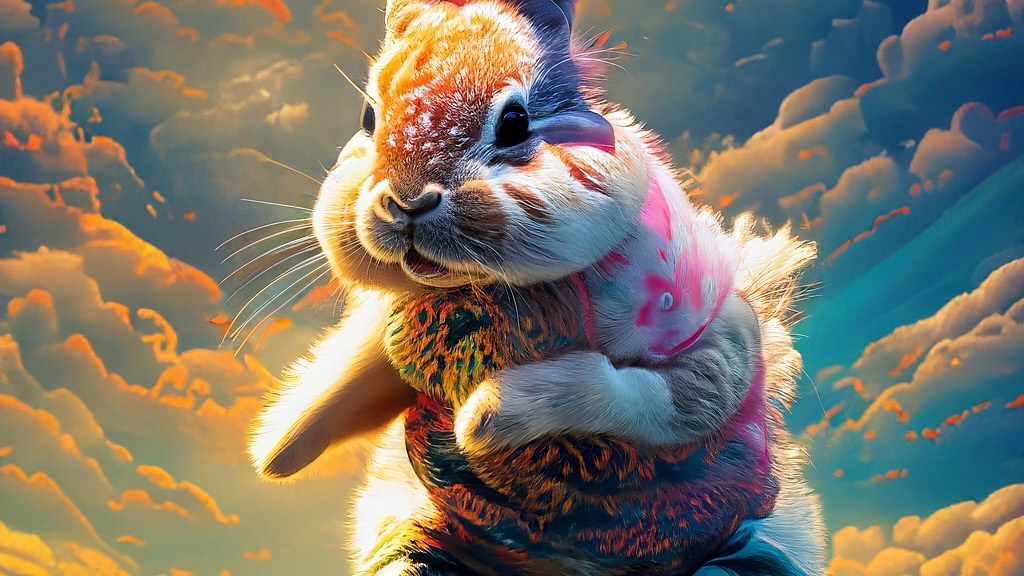
The AI arms race is heating up. Adobe is bringing its generative art tool, Firefly, to Google Bard. This will allow Google's experimental chatbot to generate images based on user prompts, much like OpenAI's Dall-E tool.
Adobe Firefly's beta launched in March. Aside from being your typical text-to-image generator, it allows users to edit images on the fly. Also coming to Bard is Adobe Express, a free photo editing software that's popular among mobile users because it comes with pre-made design templates you can use to make social posts.
This means that you can generate an image from text with Google Bard, then edit and save it in one place. According to the press release, Firefly will become the "premier generative AI partner for Bard, powering and highlighting text-to-image capabilities."
What sets Firefly apart from other AI art tools, says Adobe, is that its generated images are "free from copyrighted materials like popular cartoon characters and branded content." Adobe used millions of its own stock images, openly licensed, and public domain content to train its AI model. This makes the images it produces likely safe for commercial use (once it's out of public beta) because its AI model hasn't been built on copyrighted web content.
When Adobe announced that it was getting into the AI-image generation game, the company said it would compensate any customers who bought AI-generated stock imagery should that particular image face any legal challenge.
Google and Adobe also aim to bring "more transparency" to the images generated by Firefly and Bard by attaching digital "nutrition labels" using Adobe's CAI (Content Authenticity Initiative), which is an open-source technology that provides a breakdown of how the image was generated.
As I mentioned before, Bard is still being referred to as an experiment, and it even admitted that its own advice could be potentially dangerous. At least now, when you ask it to generate a picture, you're not stealing some artist's work. (Although the ethical questions raised by bots trained on large volumes of old or open license artwork are hardly settled.)
There is no information yet on how soon Firefly (and Express) will be integrated into Google Bard, but more is expected in the coming weeks. Below you can see exactly what the new Bard interface will look like.
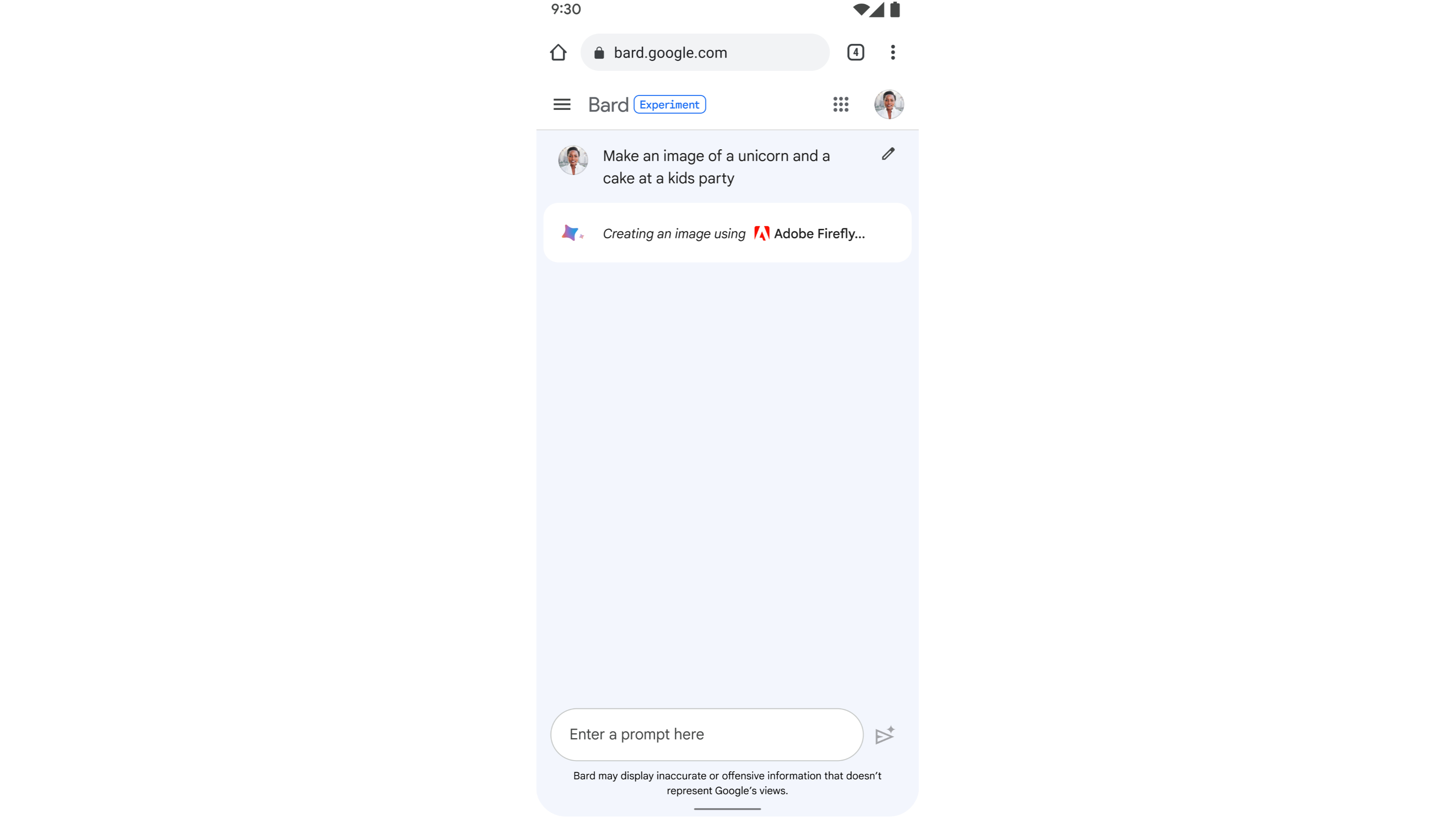
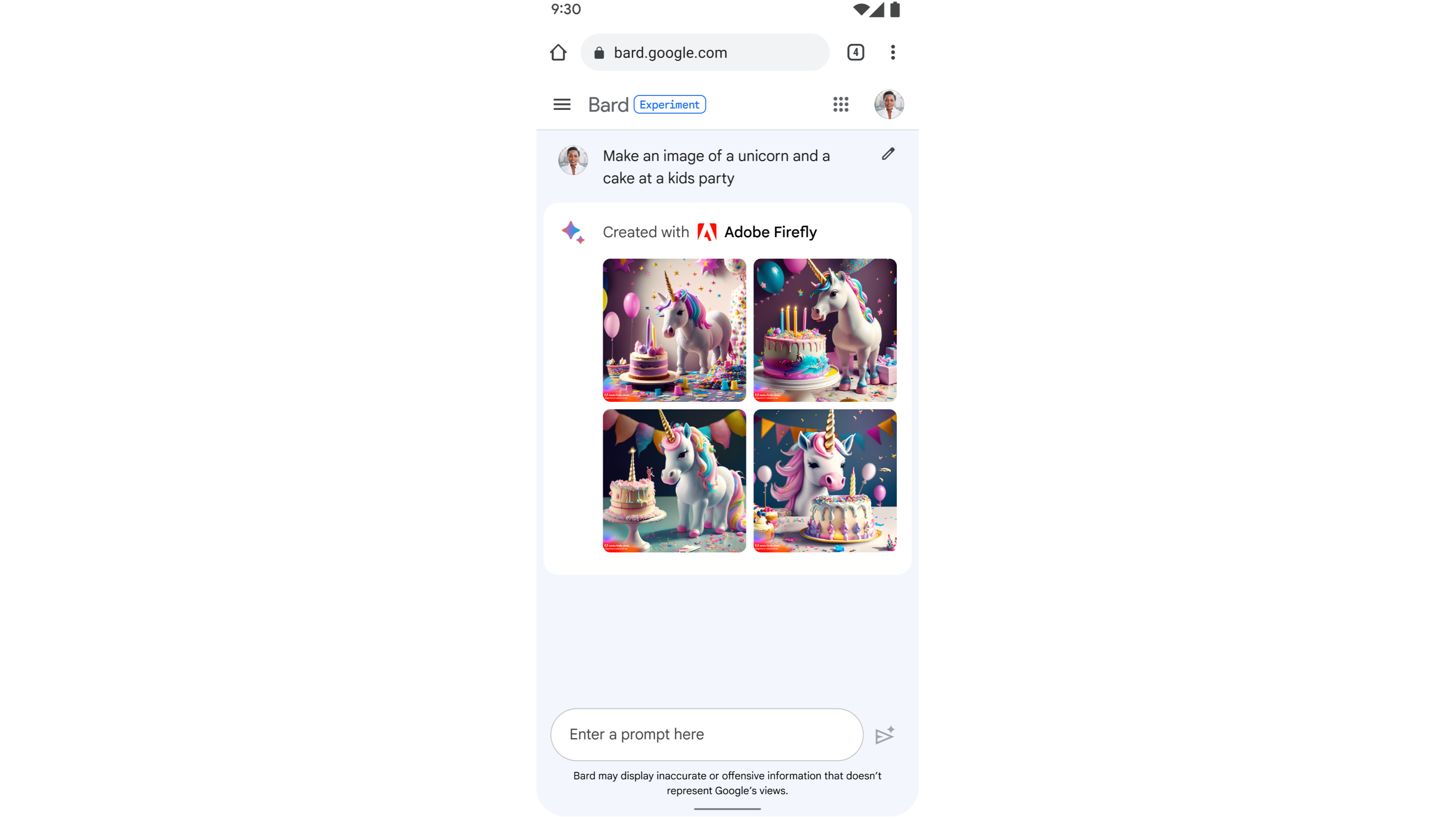
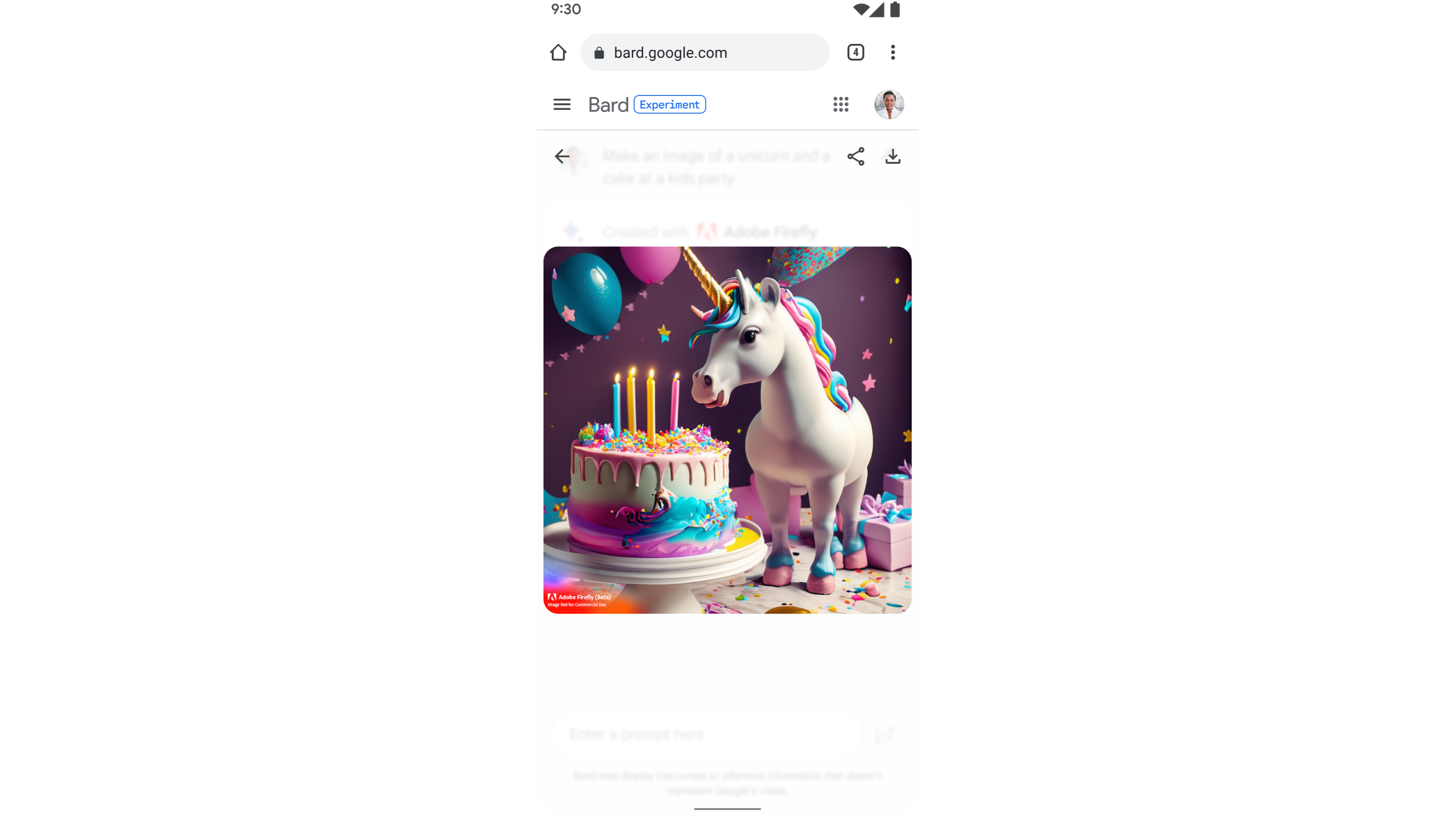
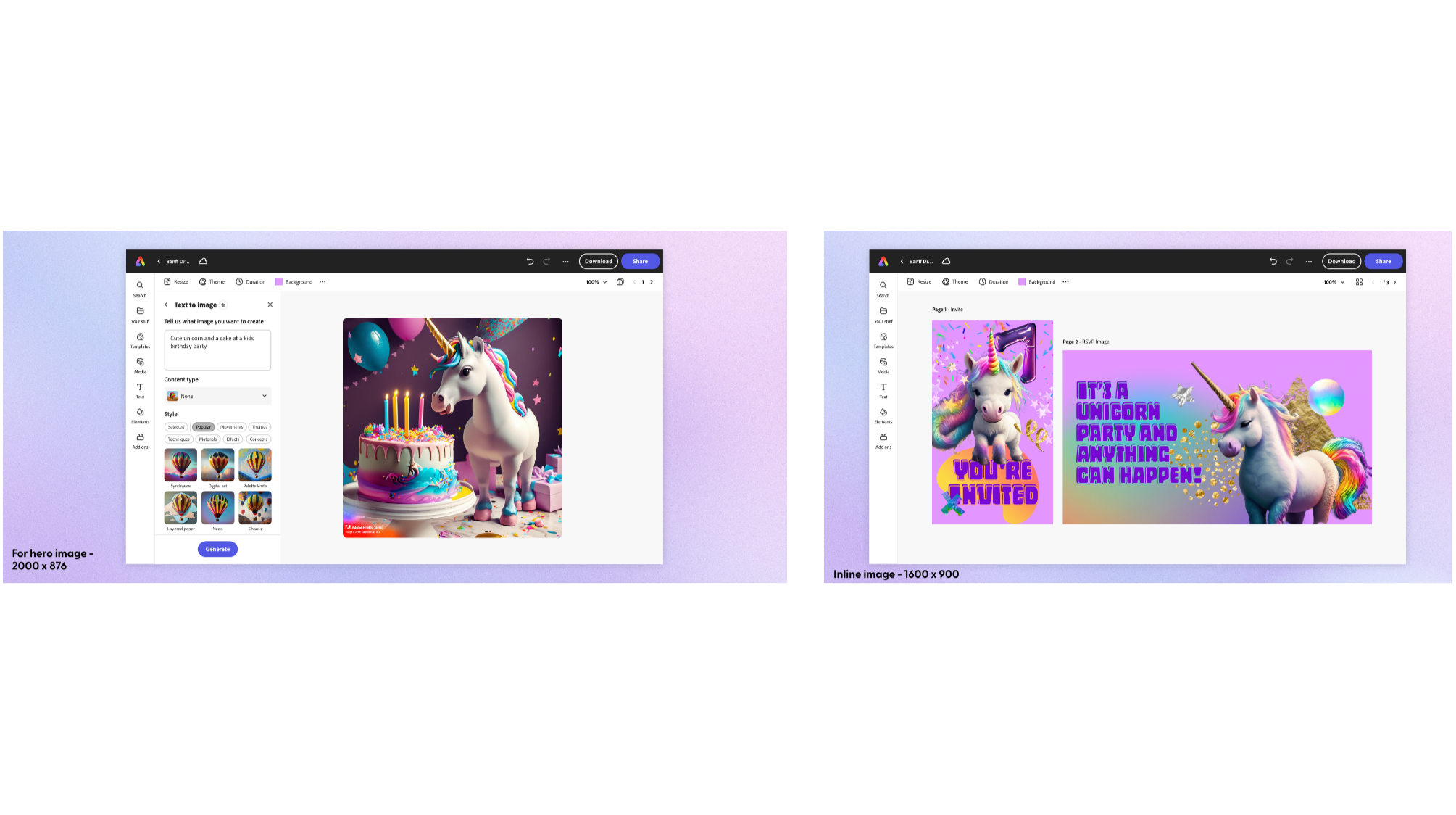
Best CPU for gaming: Top chips from Intel and AMD
Best gaming motherboard: The right boards
Best graphics card: Your perfect pixel-pusher awaits Best SSD for gaming: Get into the game first
Keep up to date with the most important stories and the best deals, as picked by the PC Gamer team.

Jorge is a hardware writer from the enchanted lands of New Jersey. When he's not filling the office with the smell of Pop-Tarts, he's reviewing all sorts of gaming hardware, from laptops with the latest mobile GPUs to gaming chairs with built-in back massagers. He's been covering games and tech for over ten years and has written for Dualshockers, WCCFtech, Tom's Guide, and a bunch of other places on the world wide web.
